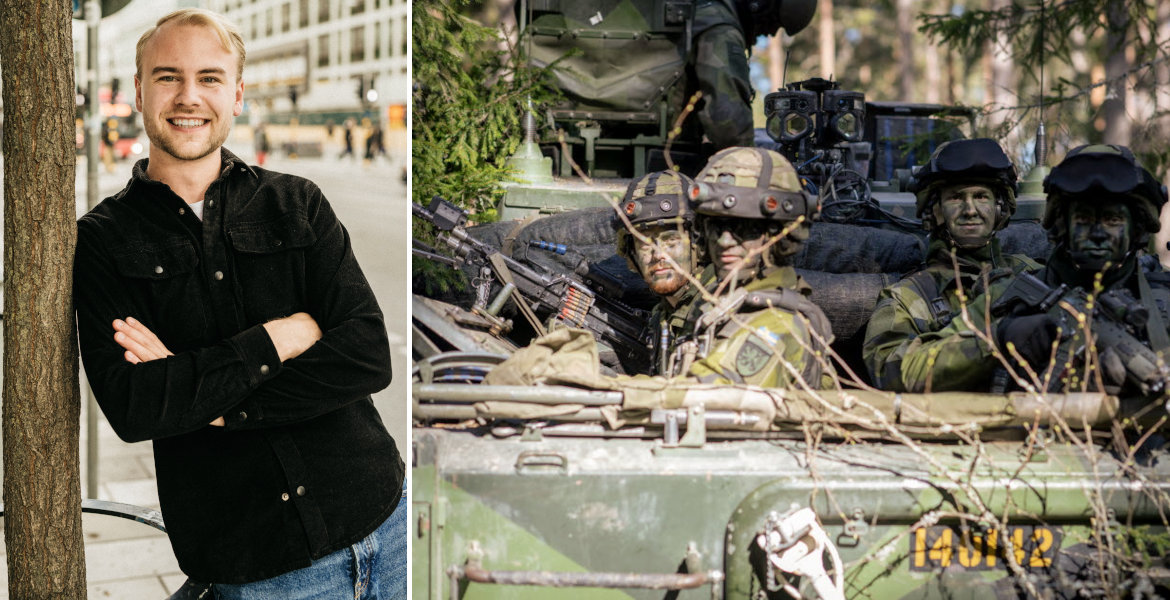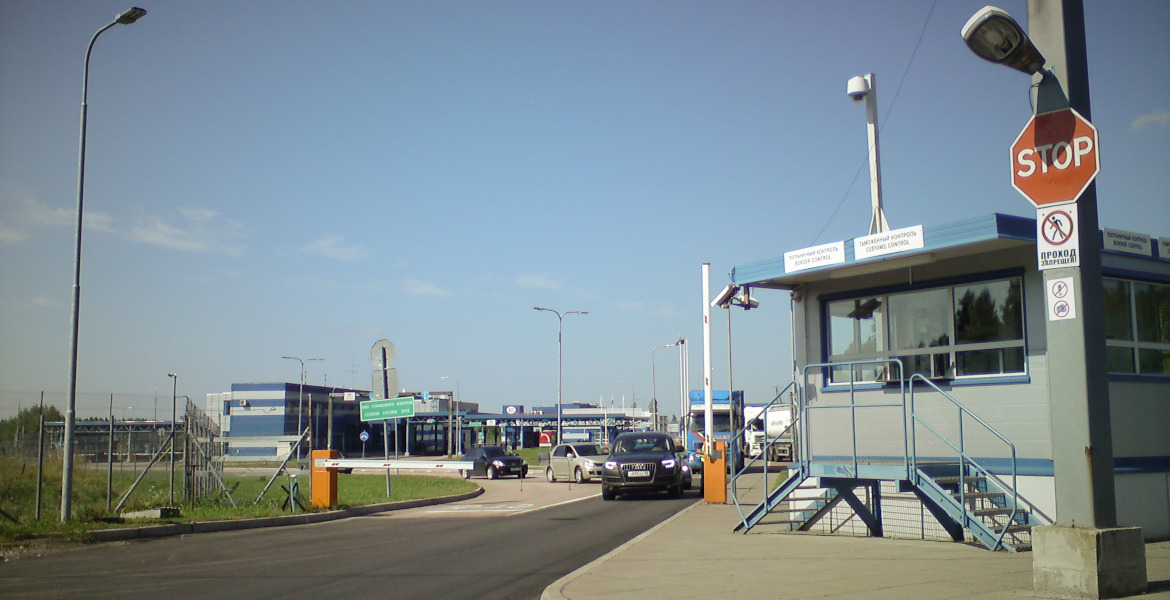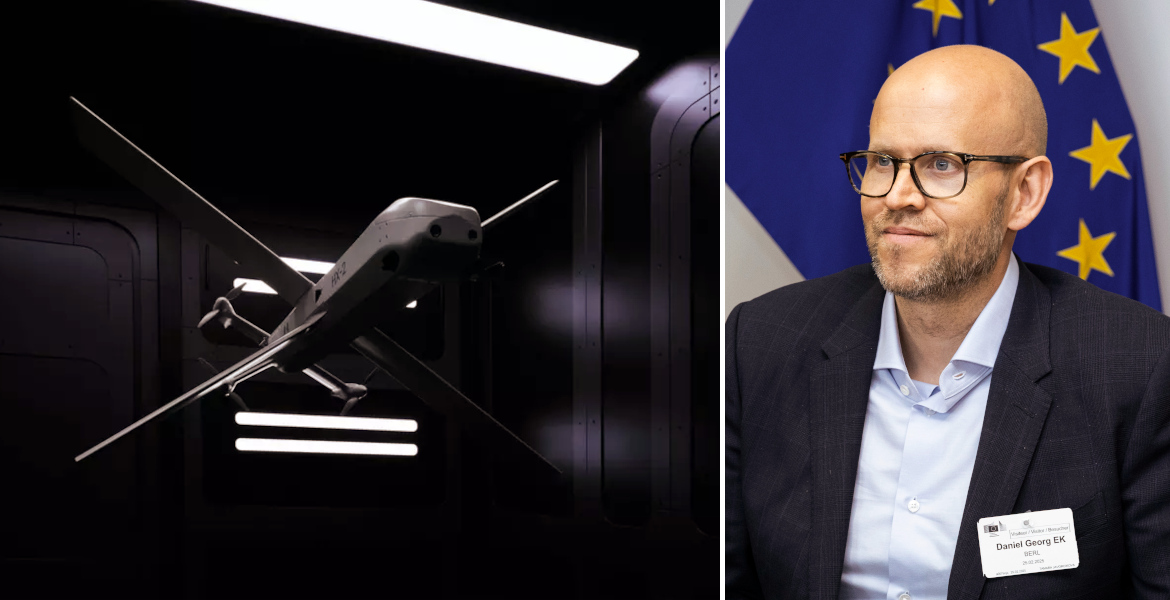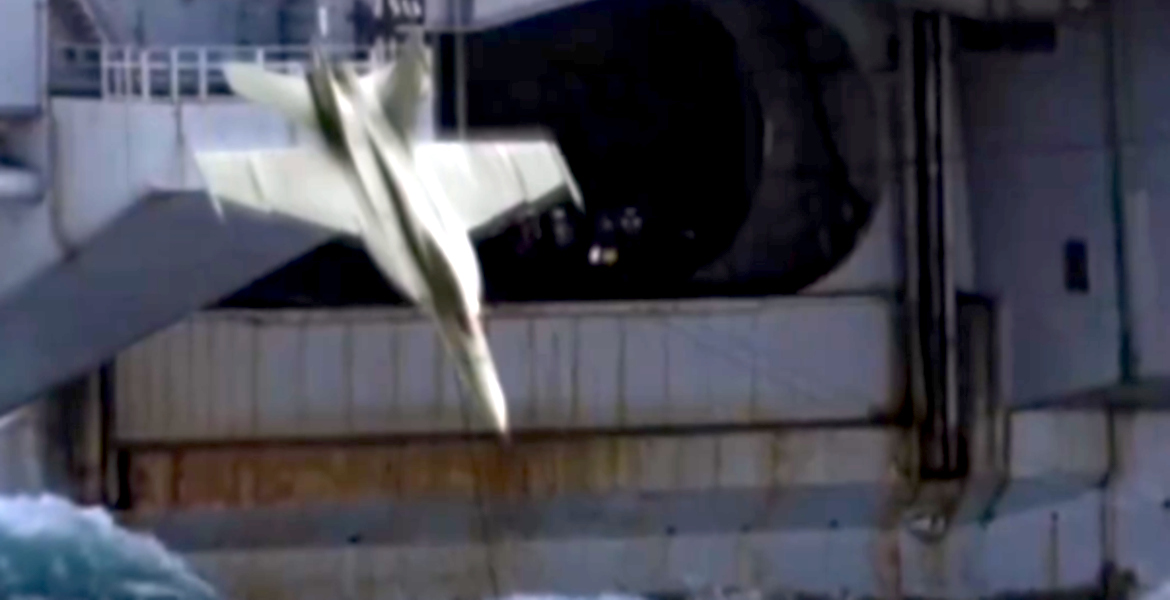As reported by The Nordic Times, Swedish politicians have decided to borrow at least SEK 300 billion (€26 billion) for what is described as the "biggest rearmament since the Cold War".
Douglas Thor, chair of The Moderate Youth League (MUF), fully supports the military investment – but emphasizes that it should be paid for by older Swedes through a higher retirement age.
The governing politicians agree that it is reasonable to borrow the equivalent of €4,400 for each Swede of working age for the military project, and analysts have noted that it will largely be future generations of Swedes who will have to pay for the decisions made today.
– It's clear that future generations will have to take a bigger hit than if we were to just go on this year's budget. But it also seems reasonable that future generations should help finance reconstruction because it will also benefit them, commented, for example, Daniel Waldenström, professor of economics, and continued:
– It's simply that they will have to pay a bit more tax as a result of this. They will have to pay taxes to finance our repayment of these loans.
"In the long run, everyone will pay"
Just like the other establishment parties’ youth wings, MUF applauds the military investment, but believes older Swedes must bear a greater share of the cost – not just the younger generation.
– Borrowing money is not free. The costs are postponed to the future, which means that the younger generation has to pay. We are happy to contribute, but it is unreasonable that we alone should bear the cost, they say.
Thor's solution is to raise the age at which older people can start drawing their pension from the current 63 to 67.
– Today, people can start drawing their income and premium pensions at the age of 63. We believe it is reasonable to raise it. One possible age is 67, confirms the Muf leader, who states that raising the retirement age is a much better option than raising taxes.
– In the long run, everyone will pay because we are all getting older. When our country has faced difficult challenges in the past, we have coped by working more, Thor argues.
Unpopular measure
Raising the retirement age to fund military spending is not expected to be a particularly popular message with voters – but Thor says this does not matter much.
– There are many issues that were previously unthinkable, but which have been reconsidered in this serious international situation. For example, loan financing has been reconsidered. It should be possible to do the same with regard to this issue.
According to Muf's calculations, if older Swedes worked two years longer than they do today, this would mean around SEK 30 billion (€2.6 billion) extra to the public purse annually – about half the contribution needed to meet the government's target of spending 3.5% of GDP on defense.




